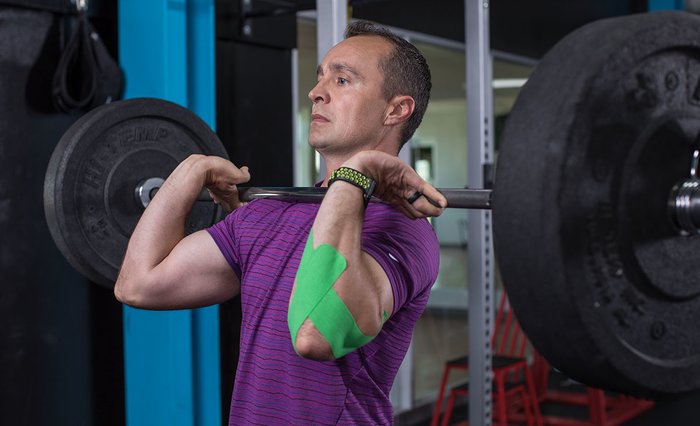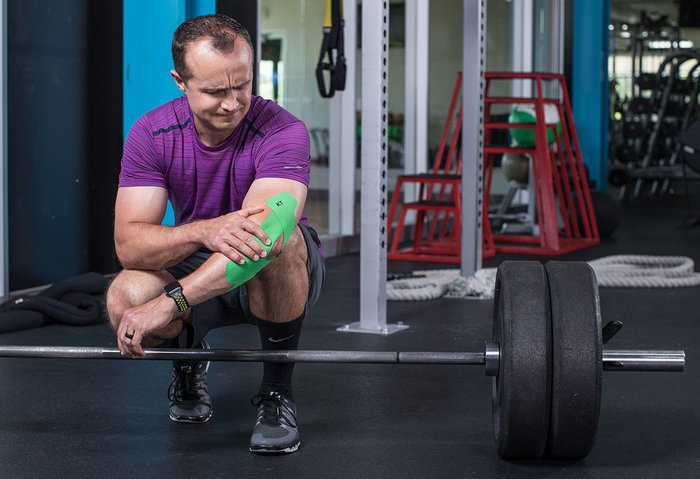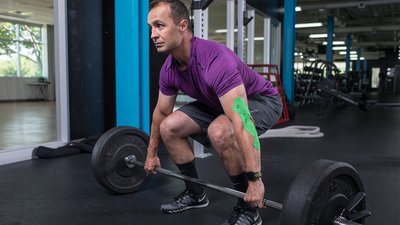Q: What's your opinion about CrossFit for older lifters?
Well, I knew it wouldn't take long before this topic popped up.
Now, the first thing to lay down in terms of ground rules for this discussion is that, similarly to yoga or karate, if you go to 100 different CrossFit boxes, you'll have 100 very different experiences. This means that as much as some of my fellow strength coaches might like to, we can't really paint with too broad a brush when it comes to evaluating Greg Glassman's brainchild.
Another important distinction to make is that CrossFit workouts are not the same animal as training specifically to participate in CrossFit competitions. I'll assume we're talking about the former for this column. In other words, you're training, but not headed for the game.

So with those caveats out of the way, let's dig in.
The Risks of CrossFit
First off, I have some general concerns about CrossFit workouts in terms of injury risk. These concerns are especially relevant to folks who have pre-existing injuries, as many of us in midlife and beyond do.
As an example, a lifter with a lumbar herniation will be at high risk for injury while doing Olympic lifts, even with perfect programming. High reps are especially problematic, because toward the end of the set the lifter will have accumulated too much respiratory distress to effectively brace during the set.
Another suspect movement is the muscle-up, which is notorious for causing pec tears and various types of shoulder injuries, and these risks are compounded for older guys who're on the heavier side or have limited mobility. Just to cite one example, I personally know of a very well-known lifting guru who blew out both his shoulders with muscle-ups.
It should also be noted that—with some exceptions—CrossFit is usually more effective for getting lean than it is for getting dramatically bigger and stronger. This is because when your training schedule has a high amount of variability, you'll be able to perform a lot of total work, which increases energy demands—and by extension, fat loss. Yes, you'll get better at skill-focused lifts, and you may definitely add some muscle, but unless you put in extra time practicing and put in lots of volume on specific lifts, getting seriously strong is unlikely.
That may not be a downside for some people, in fact it may be an upside, but you should go into the box with your eyes wide open. The most jacked CrossFit athletes usually didn't get that way only by doing CrossFit. They were jacked bodybuilders, Olympic lifters, or sprinters first, and that background helped them survive and thrive in CrossFit.
The Upsides of CrossFit
Now with all of those critiques said, I'm by no means anti-CrossFit. I'm against bad CrossFit, but I'm also against bad bodybuilding, bad powerlifting, and bad lifting, period. I also think that CrossFit has been an important contributor to the recent rise in the popularity of weightlifting, and it has also dramatically increased the number of women who participate in strength sports today. Those are important points.

It should also be noted that what CrossFit does well, it does very well. CrossFit does an excellent job of creating a supportive community environment, it offers opportunity for competition, it emphasizes (mostly) high-value exercises, and it cultivates work ethic as a core athletic value. All great stuff.
If you're intrigued by CrossFit, I'd definitely recommend doing some comparison shopping. Visit at least three local boxes, and watch a few (definitely more than one) classes at each. Make a point of chatting with the head coach or owner, and if you've got injury concerns, bring them up and see how your concerns are addressed. If you notice older folks in the class, interview them also and ask about their experiences. Get informed, then make an informed choice.
Best of luck, and if you're an older guy or gal who does CrossFit, I'd love to hear from you in the comments section below!

